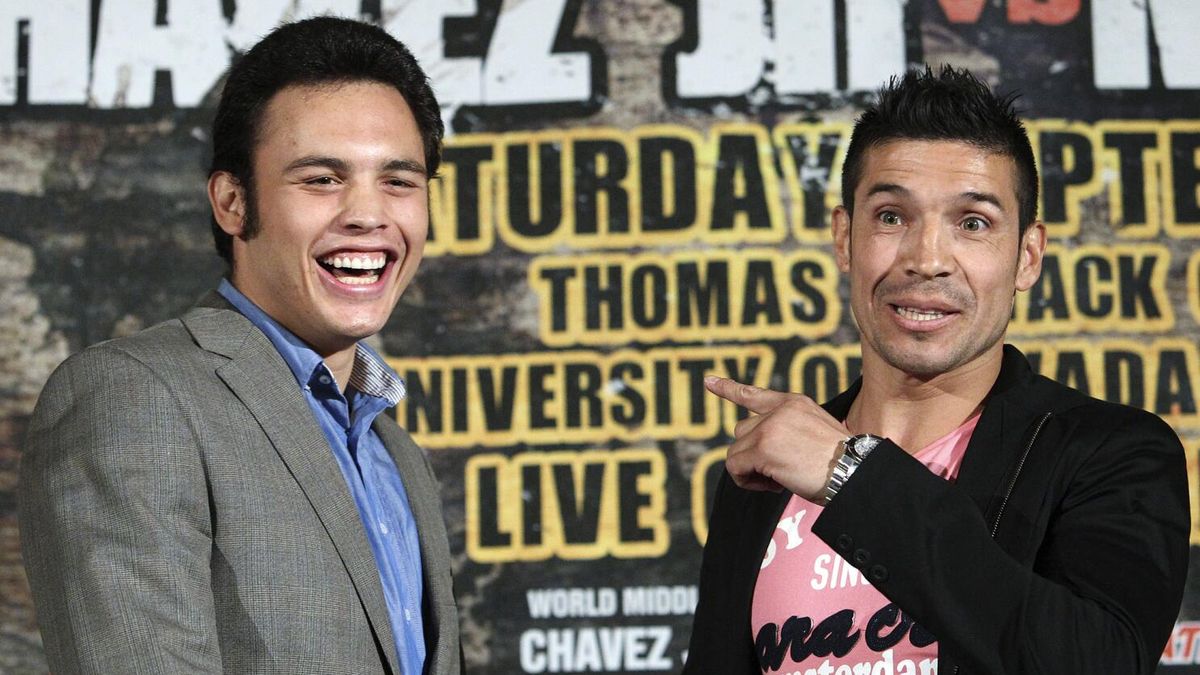Rudy Carrell
Memories of the brilliant showmaster
Copy the current link
Rudi Carrell shaped the German TV landscape: a look back at the long career and life of the cult show host.
Dead is dead. The end, the conclusion. Rudi Carrell (1934-2006), the brilliant showmaster, didn’t see it that narrowly. He cracked jokes about death, including (and above all) his own: He was already severely affected by lung cancer when he mocked the time after his death: “I will live on as a repeat for a long time.”
Rudi Carrell was 71 years old and died on July 7, 2006. Of course, after his death, he appeared on television as a repeat performance, and the audience realized in rare harmony: there will be no one like him anymore.
This Rudi Carrell would now be celebrating his 90th birthday on December 19th. “Exploitation of his own body – devotion to the audience: Carrell’s life took place on the stage. He left it with humor and stubbornness,”
The passionate beer drinker had previously predicted: “If I die, the shares of the Heineken brewery will plummet.” And he had told his children that he didn’t want a public funeral, “out of fear of the Jacob Sisters! They destroy every atmosphere with their strange poodles.”
He is following in his father’s footsteps
There has never been anyone like him before. There’s someone from the Dutch cheese town of Alkmaar, born in 1934, who really wants to have a show career. A lanky man, 1.84 meters tall. And then the name: Rudolf Wijbrand Kesselaar. He calls himself Carrell after his father André Carrell (1911-1968), who, like his grandfather, is a well-known comedian, ventriloquist and emcee.
Emcee, that’s what announcers of revues, fashion shows and variety shows were called back then – and this young guy with the long face and alert eyes had it all. He appears with his father, but is funnier, more irreverent. He can sing, has a good voice and a cheeky laugh. And when he dances, it looks hilarious too. He knows that and plays it off – he can handle the audience.
Rudi Carrell was 17 years old at the time and left high school without a qualification, and he also dropped out of a banking apprenticeship. He wants to be on stage because he was born to be on stage. The father also recognized his son’s talent and referred him to the public broadcaster AVRO.
Between 1954 and 1964, the young Rudi Carrell became a real radio and TV star in the Netherlands with his own “Rudi Carrell” show: he also wrote songs, with one (“Wat een geluk!” – “What luck “) he even competed for Holland at the Eurovision Song Contest in London in 1960 – and came second to last. He then proceeds to make fun of himself on his own radio show. His TV program “De Robinson Crusoë Show”, however, won one of the three main prizes at the Silver Rose of Montreux in 1964.
Start your career in Germany
In Montreux he met the German TV director Mike Leckebusch (1937-2000) from Radio Bremen. He brought the extremely popular youth music show “Beat Club” into the program in Germany. With Carrell, Leckebusch produced nine editions of a German “Rudi Carrell Show”, which were broadcast between 1965 and 1967.
At this point in time, two Dutchmen had already made big show careers in Germany: The first – Johannes Heesters (1903-2011) – moved to Germany in 1936 and became a star as an actor and singer during the Nazi era, which he was able to continue in the post-war period . The second was even more popular for a short time and was popularly called “Uncle Lou”: The singer and entertainer Lou van Burg (1917-1986) came to the Federal Republic in 1954 and hosted the ZDF show “Der goldene Schuß” with great success.
This ended in 1967 because “Mister Wunnebar” got his assistant pregnant even though he was otherwise married. The strict ZDF fires Uncle Lou and is desperately looking for a successor. Rudi Carrell is at the top of the list, he is also Dutch and he also speaks that funny “Gouda” German that is so well received by the German audience.
The producer is said to have already agreed with Carrell. The next morning, however, the Dutchman had the feeling that “The Golden Shot” would end in catastrophe for him and that his career would be “buried”. He persuades the head of his Dutch broadcaster to insist on an exclusive contract he invented, so that a tabloid newspaper writes the headline: “Dutch television bans Carrell from taking over the ‘Golden Shot’.”
Rudi Carrell is a multi-talented person
From 1973 onwards he could no longer and did not want to deny himself the large German market. He dominates the evening entertainment with major shows such as “Am churning”, “Rudi’s day show”, “Herzblatt”, “The Rudi Carrell Show – Let yourself be surprised” and “7 Days, 7 Heads”.
He dances at all the weddings, sings hits (“When will it really be summer again?”, “Goethe was good”, “You are my main prize”) and is the star of film comedies such as “When the great aunts come” and “Aunt Trude from Buxtehude”, “Rudi, behave yourself!”, advertises Edeka.
“Carrell brought himself up to par with ordinary people. How to do that? Make yourself smaller than you are. ‘Can you sing?’ he asked the candidates. ‘Don’t? I can’t do it either, but I’ve done it twenty years and still get money for it,” writes the “Süddeutsche Zeitung” about his recipe for success. He himself says: “You can only pull off jokes if you’ve put them in first.”
However, the “anti-authoritarian Dutchman” (“SZ”) can also be a cynic, macho and choleric. But the audience loved his outrageously mumbled hisses, for example when he called God and the world an “asshole” – “Nobody could use that in such a charmingly casual and versatile way as the man from Alkmaar.” (“SZ”).
At work there is no fun for him, everything has to dance to his tune. Carrell is obsessed with perfection and can be very insulting when dealing with colleagues. “This person is a monster, I have never experienced anything like that,” says the cabaret artist Gisela Schlüter (1914-1995). He confessed in a talk show in 1985: “I used to be the biggest asshole in Germany. I was disgusting.”
His first wife Truus de Vries (daughters Annemieke, born in 1958 and Caroline, born in 1962) divorced him in 1973. The second wife Anke Bobbert (son Alexander, born 1977) died in 2000 as a result of chronic rheumatism, and her partner and screenwriter Susanne Hoffmann died in 2003 from a brain tumor. Since 2001 he has been married to the cook Simone Felischak from Magdeburg, who is 36 years his junior.
Rudi Carrell made his cancer public in 2005
In November 2005, Rudi Carrell announced that he had lung cancer and did not have long to live. This announcement was made with the greatest calm. The terrible diagnosis neither shocked nor surprised him. “I should have done it a long time ago! I always worked five days before a show with virtually no food, only drank beer after a show and smoked at least sixty Lord Extra a day,” he said in his last interview before his death the “SZ Magazine”. He knew “it would go wrong at some point.”
In this moving conversation, the mockingbird Carrell also found touching words for his host country: “If I had stayed in Holland, I might have become director of a television channel. How boring! Germany has given me ten times more than I ever hoped for. I owe it my life in this wonderful country.”
After his death in the Bremen-Ost Clinic, the “Spiegel” wrote in his obituary: “Rudi Carrell was an old-school entertainer with always new ideas. Style, irony, stubbornness gave him an unmistakable profile. He will be sorely missed.” Carrell’s judgment of the industry remains even more memorable: “It used to be said that television makes stupid people. Today stupid people make television.”
SpotOnNews
Source: Stern
I am an author and journalist who has worked in the entertainment industry for over a decade. I currently work as a news editor at a major news website, and my focus is on covering the latest trends in entertainment. I also write occasional pieces for other outlets, and have authored two books about the entertainment industry.




